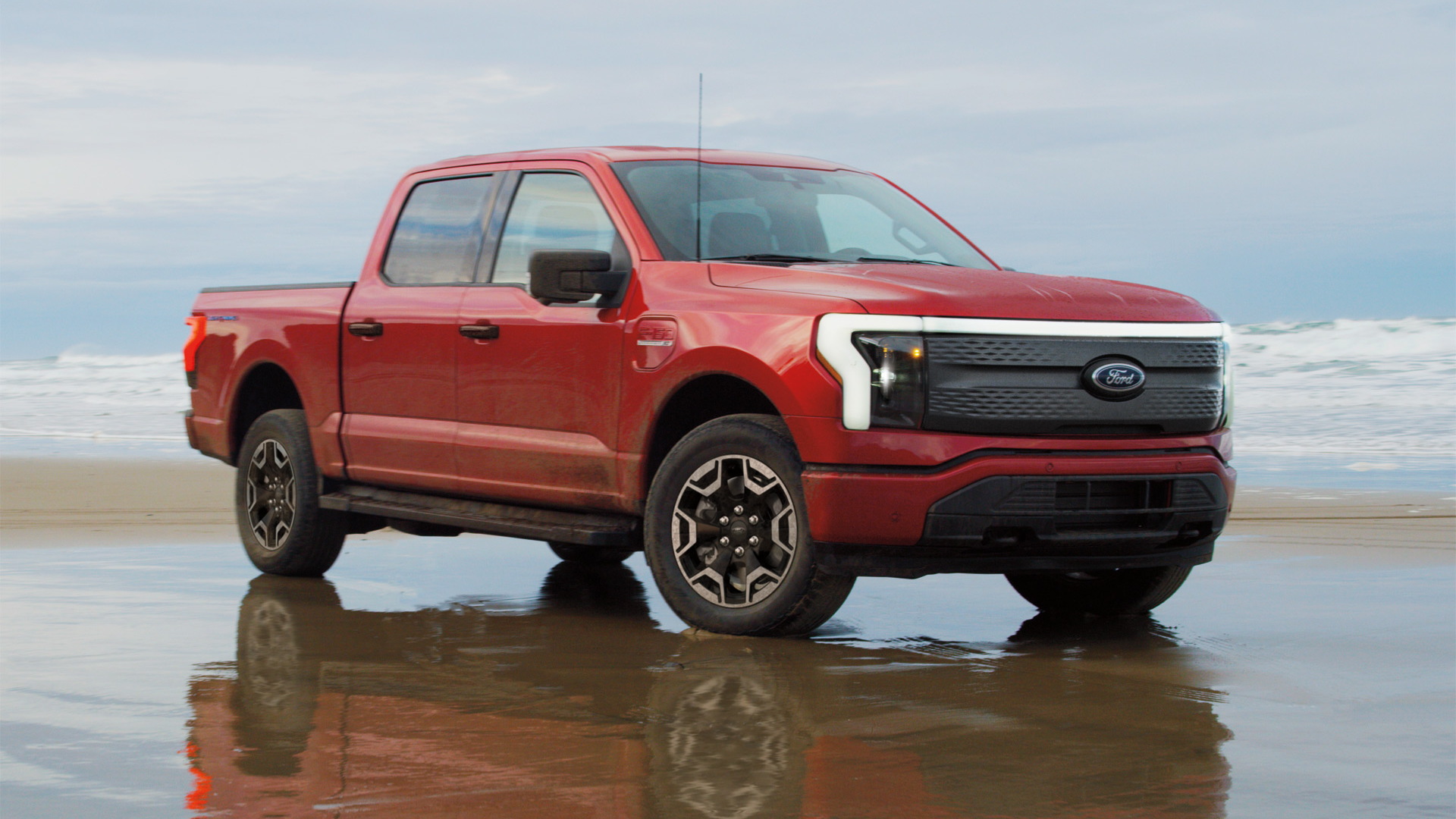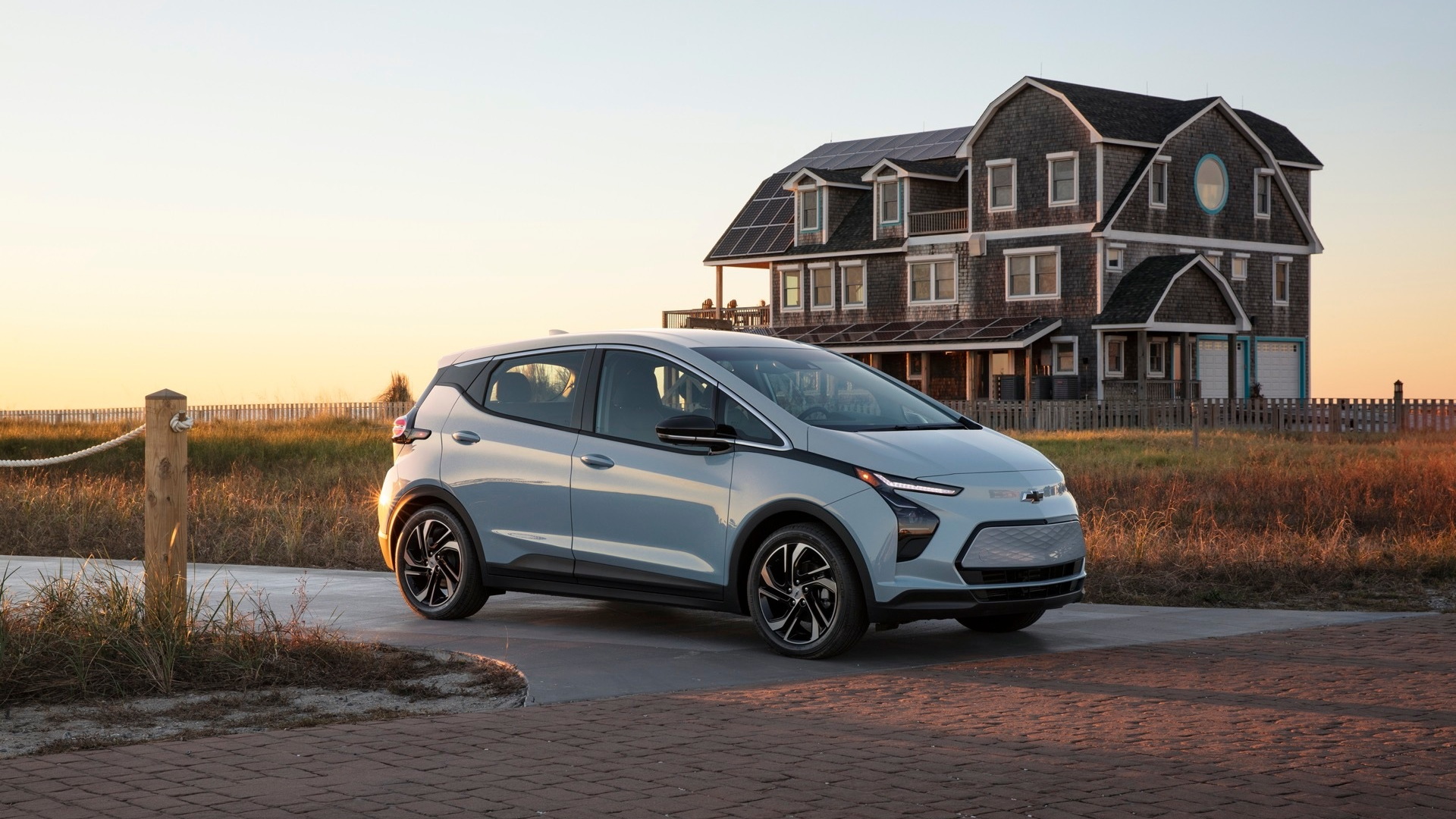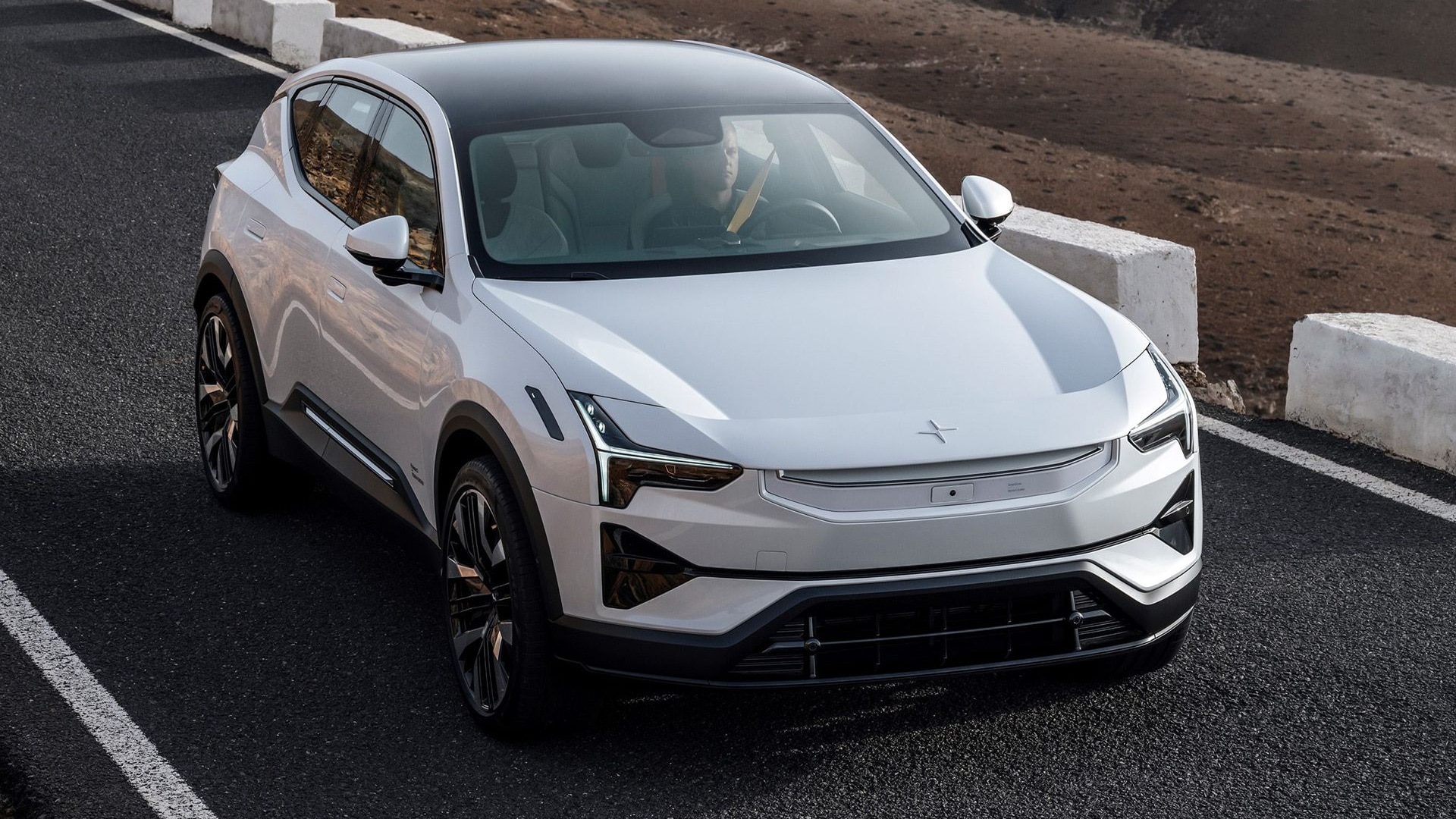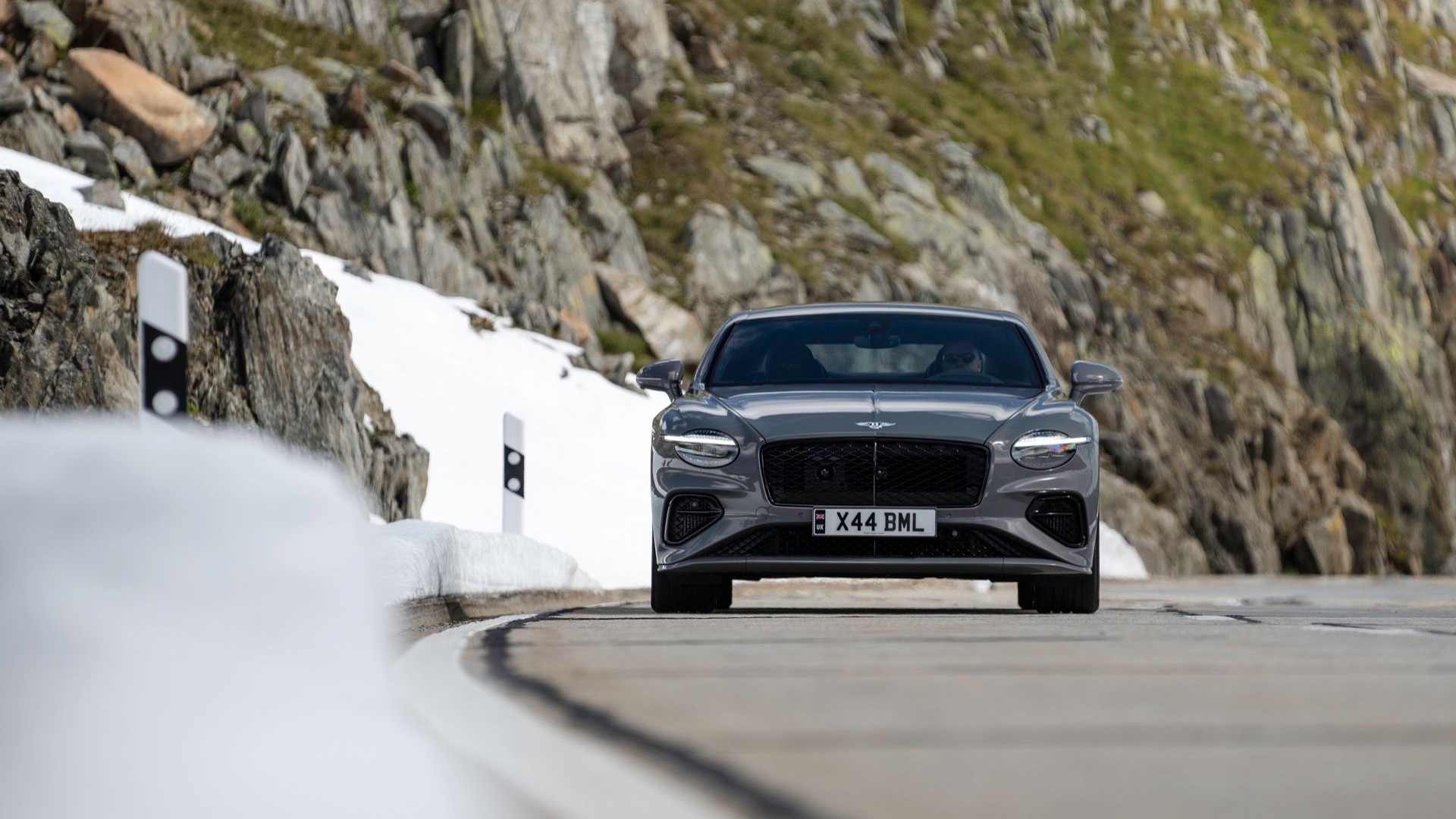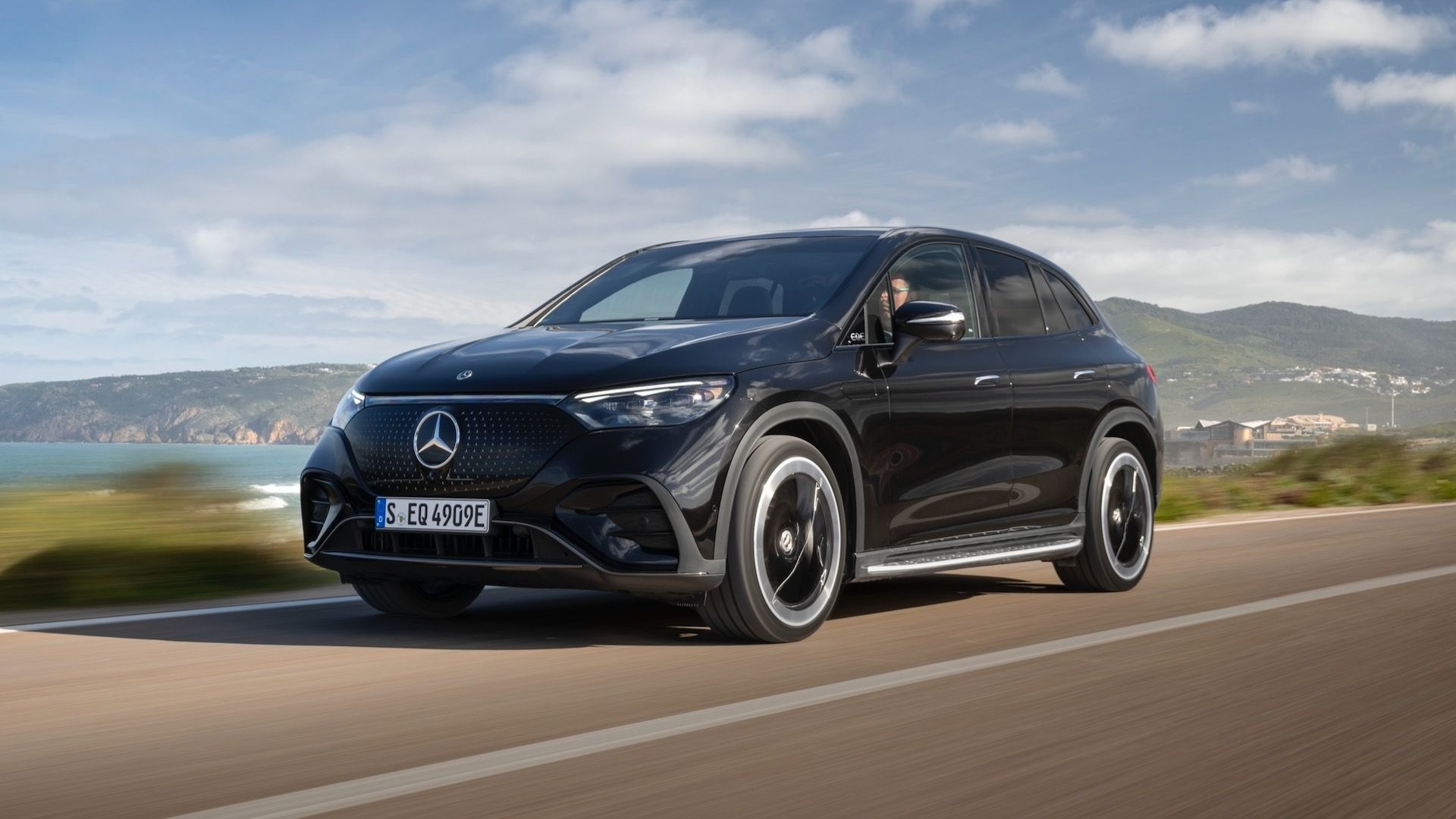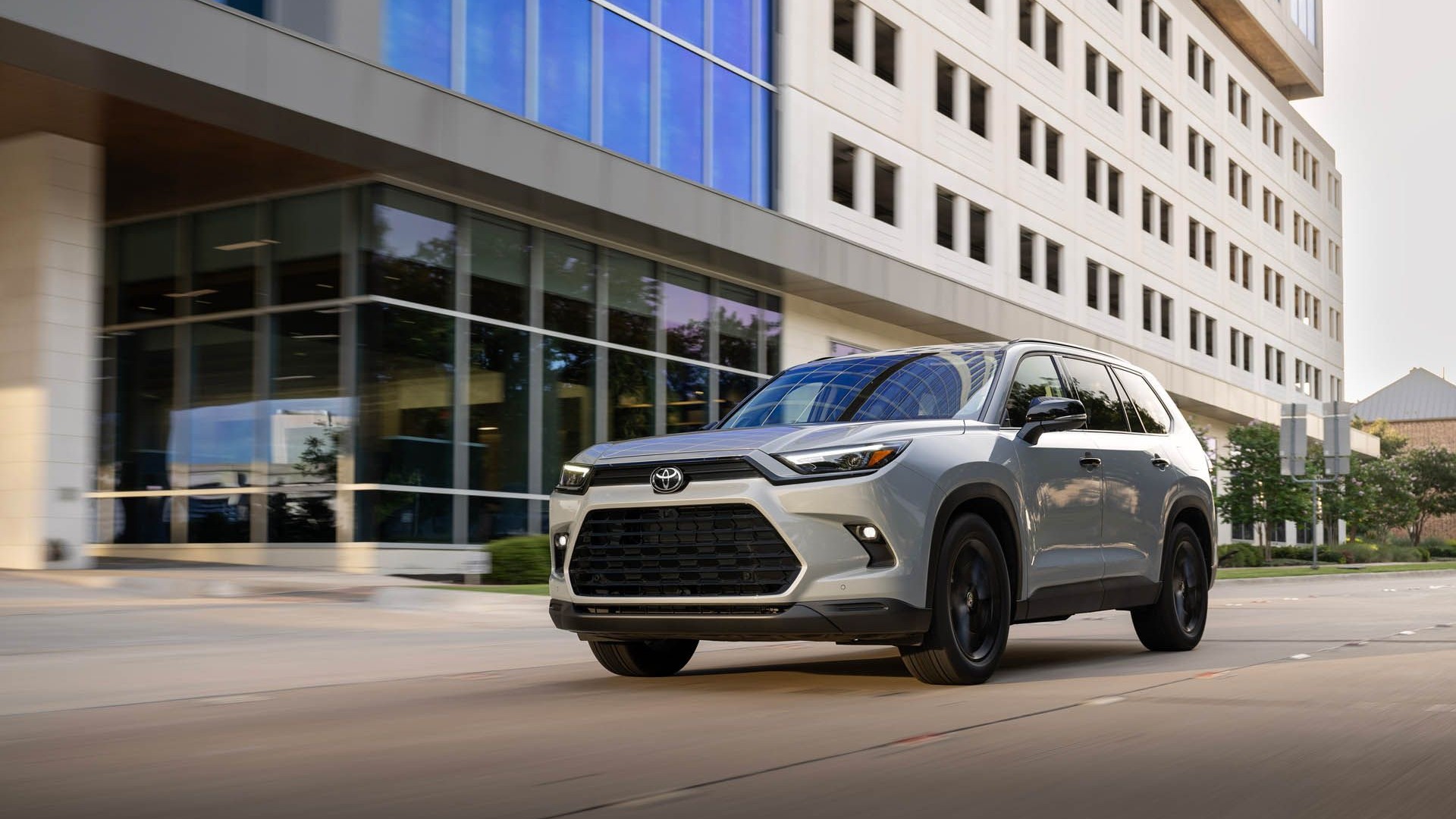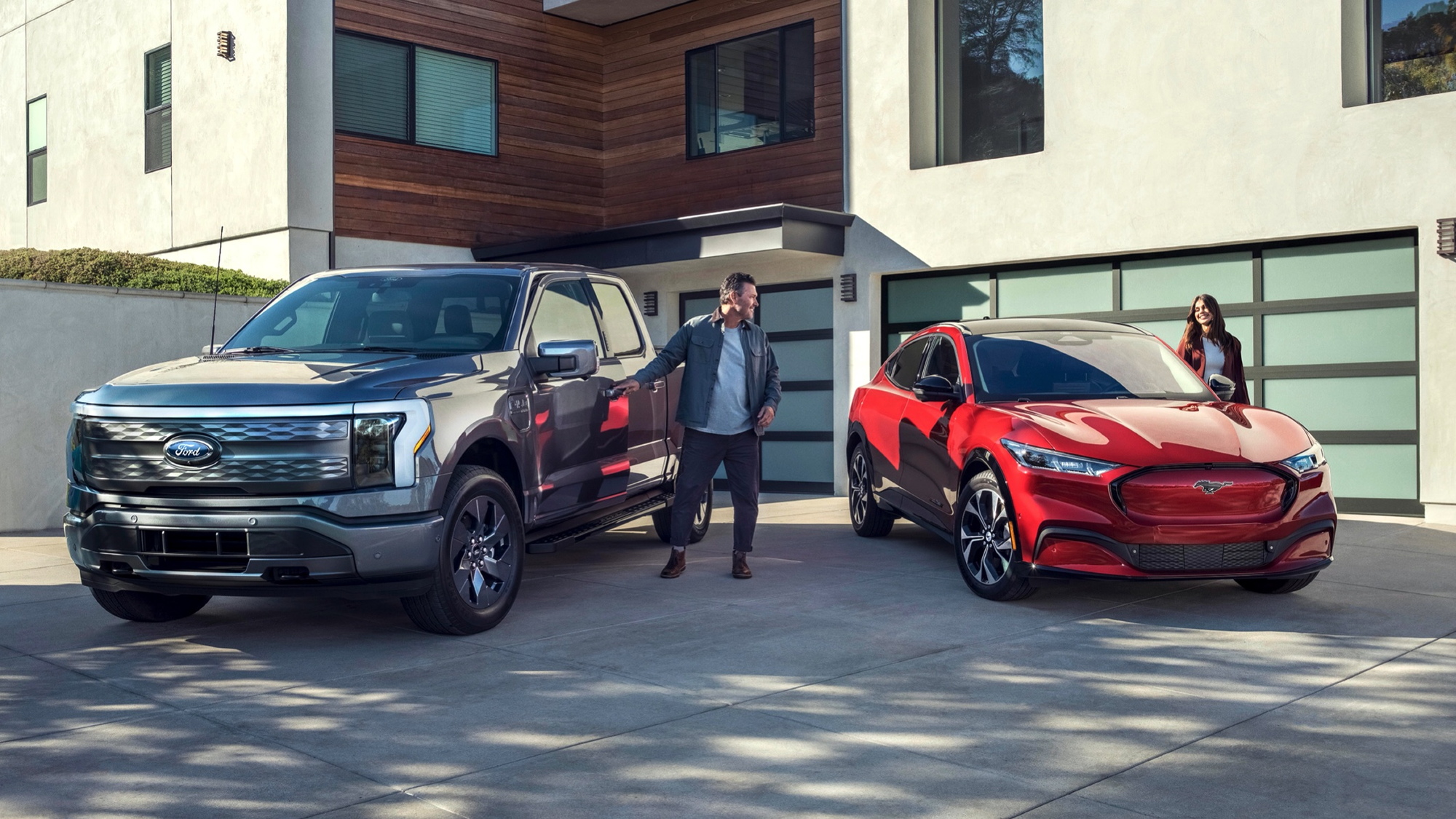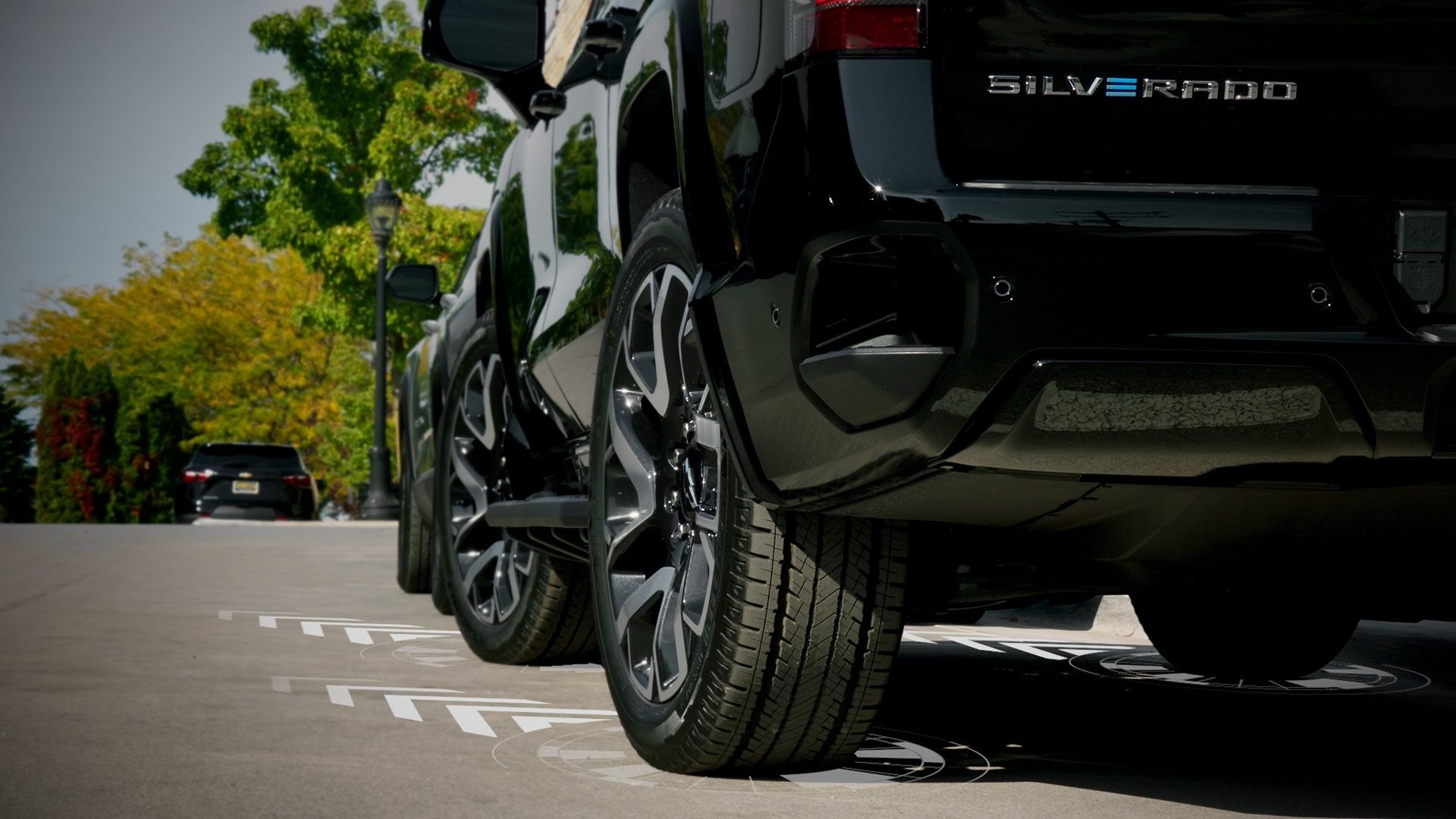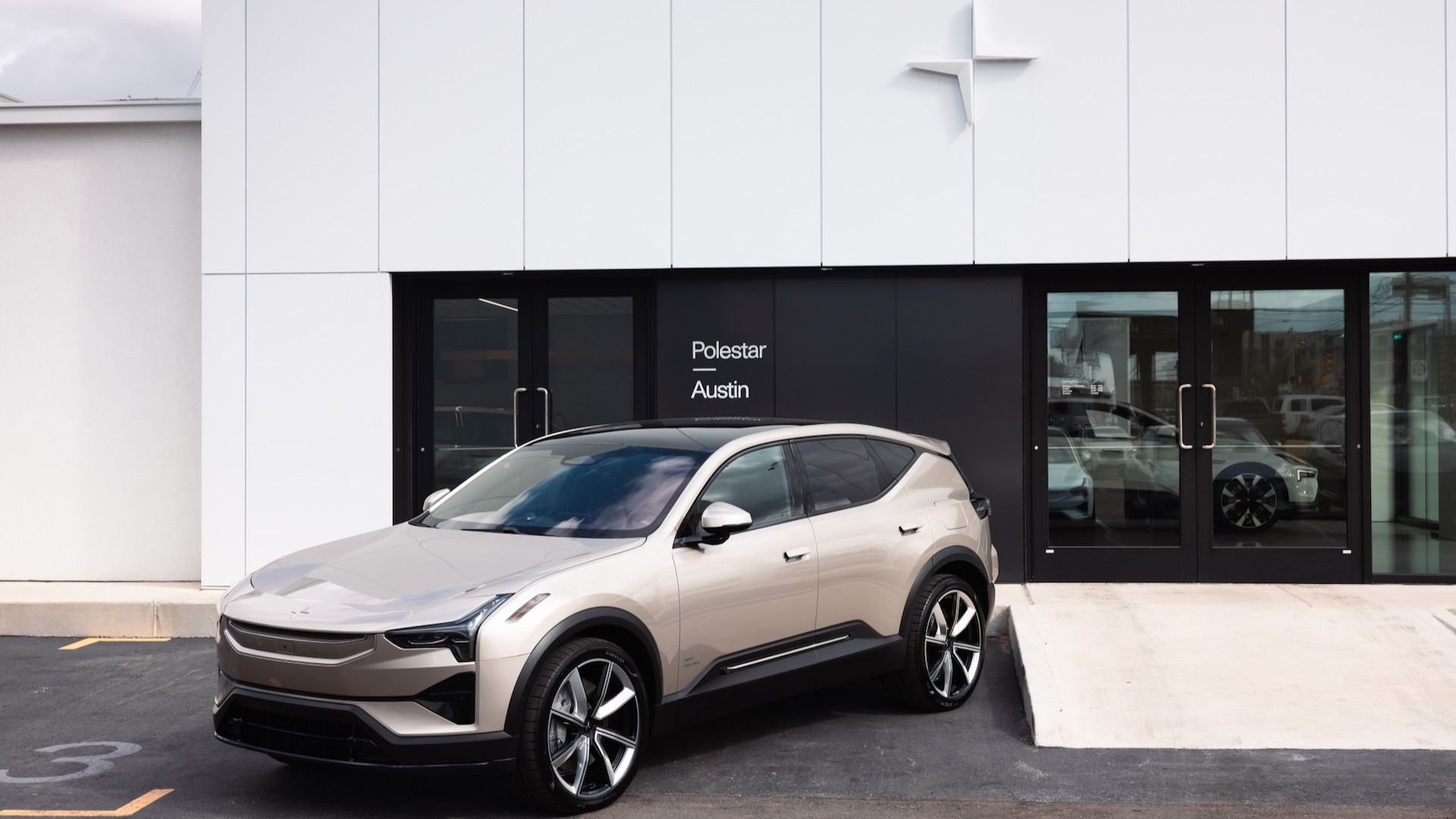According to a recent study conducted by the University of California, Berkeley, 64% of upcoming EV sales will include the vehicle and the battery as stand alone products that are in a sense purchased separately.
The study suggests that there is a direct correlation between immediate adoption of EV technology and separate battery ownership.
Initially, consumers may be fearful of purchasing a $15,000 battery. They may be inclined to believe that the technology is not proven, that the battery will suffer from durability or longevitiy issues, or that the vehicle they purchased will not suit their needs latter on and therefore are reluctant to purchase the battery as part of the vehicle costs.
Automakers have taken note of this study and many are following suit. Nissan is undecided if the battery will be included in the purchase price of the LEAF, allowing for the possibility of leasing it as a stand alone product. Other automakers have already decided to lease the battery separately.
Additionally, by not charging for the battery up front, the vehicle purchase price appears to drop significantly. Consumers don't see the massive battery cost rolled into the price of the vehicle and therefore assume the vehicle is cheaper to purchase. By not seeing an additional $15,000 in upfront costs, many buyers nearly forget about the price as it is rolled into a monthly lease payment.
The study suggests that as more consumers and early adopters report on the success of the battery technology, buyers will be more willing to pay for batteries upfront. The study suggests that by keeping the battery as a stand alone option, buyers will see a price tag that is much more competitive with an internal combustion engine.
As time progresses and the battery technology is proven, many buyers will want ownership of the batteries possibly for uses after it has served duty in the vehicle. At this time, automakers will likely switch over to include the battery as part of the vehicle price
Source: Wards Auto (Login required)

